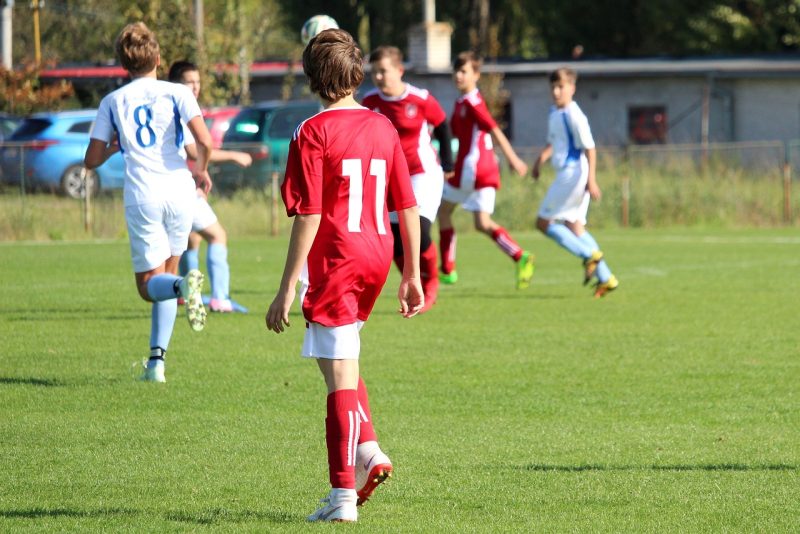Participation in sports is often associated with physical fitness and skill development, but its benefits extend far beyond the realm of athleticism. Engaging in various sports activities at school or college can have a profound impact on a child’s mental health, fostering resilience, confidence, and overall well-being. Read on to understand the numerous ways in which trying different sports can positively influence a child’s mental health and contribute to their holistic development.
1. Boosting Self-Esteem
Trying different sports provides children with opportunities to discover and develop their strengths, talents, and abilities. As they master new skills and overcome challenges, they gain a sense of accomplishment and pride in their achievements, boosting their self-esteem and confidence. Whether it’s scoring a goal in soccer, perfecting a serve in tennis, or mastering a routine in gymnastics, each success reinforces a child’s belief in their capabilities and fosters a positive self-image.
2. Building Resilience
Sports participation teaches children valuable lessons about resilience, perseverance, and coping with adversity. Through practice, competition, and setbacks, they learn to embrace failure as an opportunity for growth and development rather than a reflection of their worth. Facing challenges on the field or court helps children develop resilience, adaptability, and a growth mindset, enabling them to bounce back from setbacks and face future challenges with confidence and determination.
3. Promoting Social Connection
Engaging in sports activities provides children with opportunities to connect with peers, teammates, coaches, and mentors, fostering a sense of belonging and social connection. Team sports, in particular, promote collaboration, communication, and camaraderie as children work together towards common goals and support each other through victories and defeats. These social bonds provide emotional support, friendship, and a sense of community, reducing feelings of loneliness and isolation and promoting overall well-being.
4. Managing Stress and Anxiety
Physical activity has been shown to have powerful stress-relieving effects on the body and mind, helping to reduce feelings of stress, anxiety, and tension. Engaging in sports activities allows children to channel their energy in positive ways, releasing pent-up emotions and promoting relaxation and mental clarity. The endorphins released during exercise act as natural mood boosters, promoting feelings of happiness, relaxation, and well-being and helping children manage stress more effectively.
5. Fostering Emotional Regulation
Sports participation provides children with opportunities to learn and practice important emotional regulation skills, such as managing frustration, controlling impulses, and regulating emotions in the heat of competition. Through sports, children learn to channel their emotions in constructive ways, developing self-control, discipline, and emotional resilience. They also learn to recognise and respect the emotions of others, fostering empathy, compassion, and healthy relationships both on and off the field.
6. Cultivating Mental Focus and Discipline
Engaging in sports requires children to maintain mental focus, concentration, and discipline, qualities that are essential for success both on and off the field. Whether it’s following game strategies, adhering to training routines, or staying committed to long-term goals, sports participation teaches children the value of persistence, dedication, and hard work. These qualities translate into other areas of their lives, such as academics, relationships, and future career pursuits, setting them up for success in all endeavours.
In conclusion, trying different sports can have profound benefits for a child’s mental health, promoting self-esteem, resilience, social connection, stress management, emotional regulation, and mental focus. By engaging in sports activities, children develop valuable life skills and qualities that contribute to their overall well-being and success. Whether they’re scoring goals on the soccer field, shooting hoops on the basketball court, or diving into the pool, every sports experience helps children grow and thrive, both physically and mentally. As parents and educators, we can encourage children to explore a variety of sports activities and support them in reaping the numerous mental health benefits that sports participation provides.



